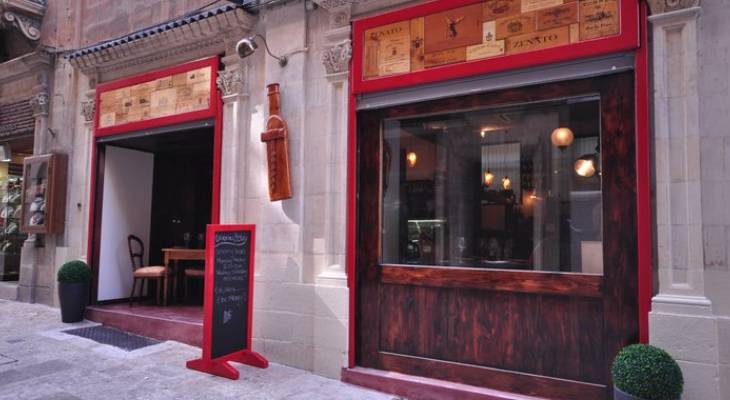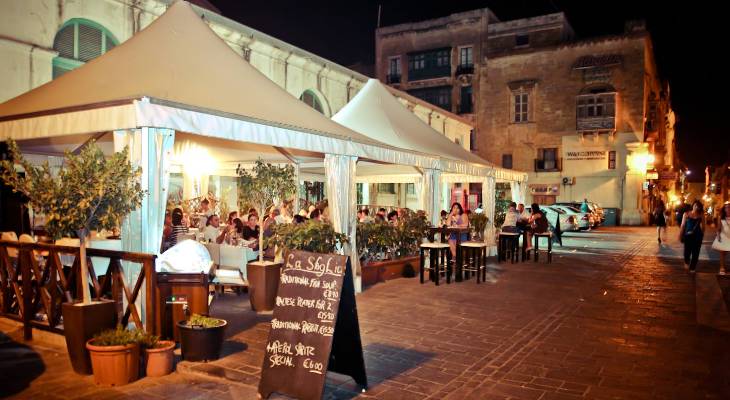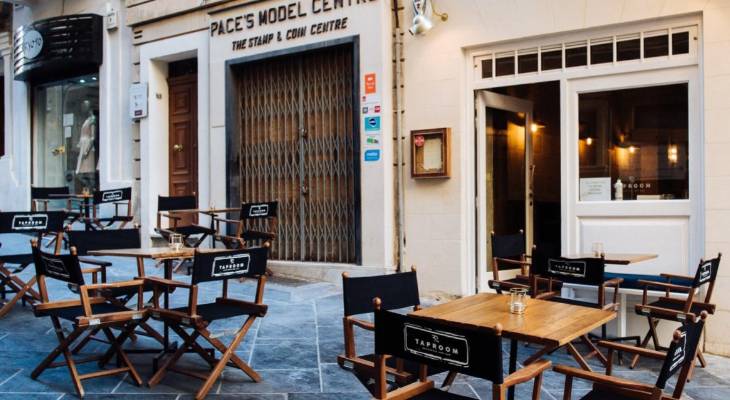Malta’s capital city of Valletta, given a face lift in recent years thanks to being awarded Europe’s capital of culture in 2018, has been one of the hardest hit areas by the pandemic.
Large investments, the proliferation of catering and accommodation licences, and a concerted effort to regenerate the city has seen Valletta come to life.
While the pandemic has caused major headaches for business owners in the city, especially due to the loss of cruise ship passengers and tourists in general over the summer months, troubles began around the New Year when political instability led to weeks of protests.
Fast forward to this COVID scenario, a need has been recognised to help Malta’s restaurant and hotel industry, following which the Government provided Malta’s residents with €80 vouchers to be spent at any MTA-registered establishment – such as hotels and restaurants.
In addition, special incentives were given to attract locals to the capital between July and September, such as the waiving of CVA parking fees, restaurants and cafés having their outdoor table and chair licence fees waived, special attention to décor and festive atmosphere, with the Malta Tourism Authority investing €350,000 to promote the capital.
Despite the sustained efforts, locals are known to avoid Valletta during the hot summer months, with Republic street usually bustling with tourists coming from the airport, as well as cruise ship passengers visiting for the day during this time.
With tourism at an all time low, how have Valletta’s restaurants fared over the summer?

Kris Fenech Soler – Director at Trabuxu Wine Bar and Trabuxu Bistro
Without mincing his words, Mr Fenech Soler described business at his well-known wine bar and bistro as “terrible”.
Trabuxu has been a feature on the local restaurant scene for 20 years, with most clientele made up of locals. The wine bar is located on Strait Street while the bistro can be found on South Street.
“Because of this, we knew that the restaurant and wine bar would suffer a lot over the summer. Maltese people do not usually visit Vallettta to dine in the summer months”.
Asked about the COVID-19 Government vouchers, which began to be rolled out in July, and whether he noticed a marked increase in sales as a result, Mr Fenech Soler said that unfortunately, they were not of particular help.
“To be clear, I loved the idea to provide people with vouchers, I thought it was great. Certain villages, however, did not benefit so much, such as Valletta, Rabat and Mdina. People preferred to visit and use them at sea-side towns, or in Gozo – which is understandable in Summer.”
Calls have been made for the vouchers to be re-issued, and, commenting on this, Mr Fenech Soler believes that places like Valletta, Rabat and Mdina would benefit from them this time around, especially in the run up to Christmas.
Onto whether he believes business will pick up towards Christmas, Mr Fenech Soler said that it is usually one of the busiest periods for Trabuxu.
He explained that under normal circumstances, his busy period starts off in mid-September and runs all the way until May.

Oswald Caruana – Owner and Chef at La Sfoglia
Echoing similar sentiments to Mr Fenech Soler, owner and chef at La Sfoglia Oswald Caruana described business at his restaurant over the summer months as “a disaster”.
He explained that in June, when restaurants were allowed to open, La Sfoglia, located on Merchant Street, unfortunately suffered a bad month.
Once July rolled on an the airport reopened, the restaurant experienced strong sales. But, as soon as the second wave came about and visits to Malta began to be restricted by other European countries, business plummeted again.
Mr Caruana had nothing but praise for the Government issuing of vouchers, which he said incentivized people to go out and generated some activity.
Asked about the patrons at La Sfoglia, he said over the years, it was previously evenly split between locals and Maltese. He added that over the last three years, however, the restaurant depended less on Maltese custom.
“That is why this situation was such a disaster for us – with no cruise ships and no tourists. Even when some cruise ships started visiting again, tourist movements were highly controlled and people were not allowed to visit restaurants of their choice. Everything has been controlled and pre-arranged.”
Asked about the biggest problems facing the capital, Mr Caruana believes that too many catering and accommodation licences have been awarded, stretching local custom among Valletta businesses far too thin.
“Of course, it is nice to have restaurants and bars in Valletta, giving the place extra life, but you cannot have too much. Pharmacies licences are not given out so frequently with only six in Valletta, for example, so why is it that everybody who applies for a restaurant and catering licence gets a permit?”
Turning to the most important incentive/benefit provided by Government, Mr Caruana said that the wage supplement was a life-line.
Asked about whether he believes business will pick up, he said that it has to once people stop visiting lidos and beach clubs. “Valletta’s time is coming,” he said.
In his view, the biggest mistake made by the authorities was failing to implement mandatory COVID-19 swab tests at the airport. He commended the Government for assistance being provided through the rent subsidy, the water and electricity subsidy, and the wage subsidy, but cautioned that at times, the Malta Tourism Authority has come down unnecessarily hard on Valletta businesses, especially at the weekend.

Mario Clinch – Head Chef at Taproom
Quantifying the loss of business at a popular Valletta eatery located on Old Theatre Street, Taproom's Head Chef, Mario Clinch, explained that over the summer, the establishment saw around one-third of the business it has been accustomed to pre-COVID.
Asked about whether he saw many vouchers redeemed at the restaurant, Mr Clinch said that they were not of enormous help, especially because “around 60-65 per cent of our customers are tourists”.
Turning to the restaurant’s prospects for the remainder of the year, and how he feels Taproom will fare, the prognosis was not good.
“My prediction is going to be worse, and that we might have to close, especially if we are made to distance tables inside the restaurant at three metres apart. This would only allow us to cater for two or three tables, which is not sustainable.”
This October, the Government will be announcing the national budget for 2021, with many business owners hoping that assistance will be provided past the current October deadline.
Main Image:
